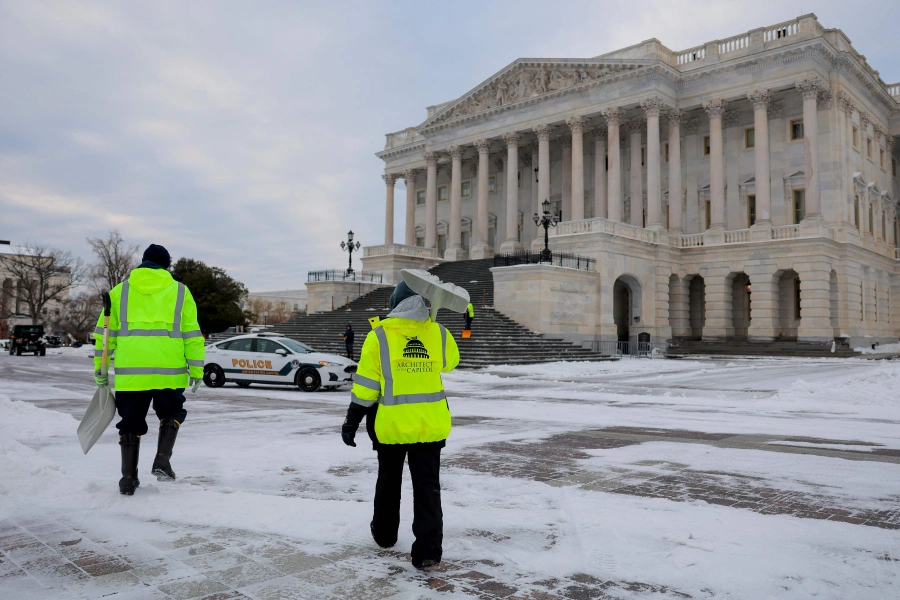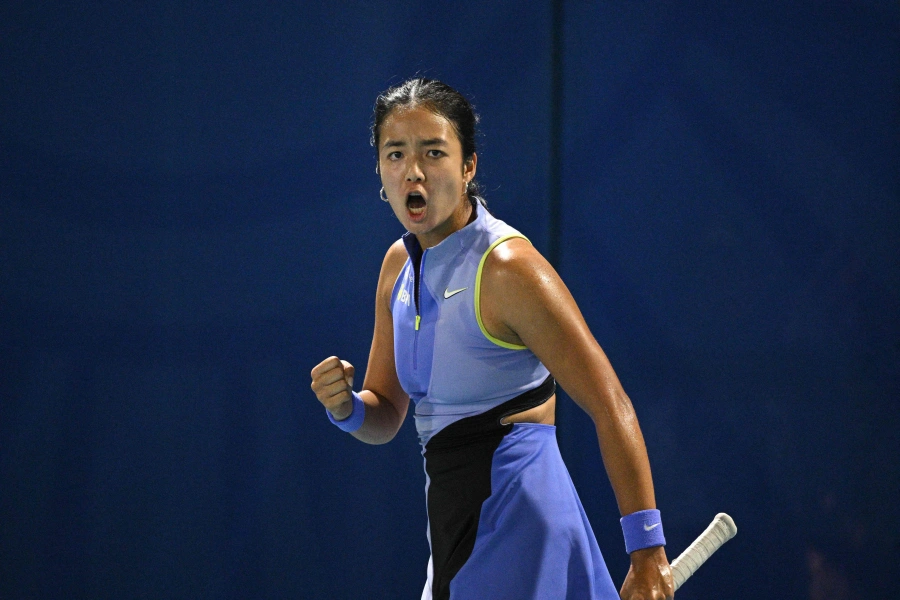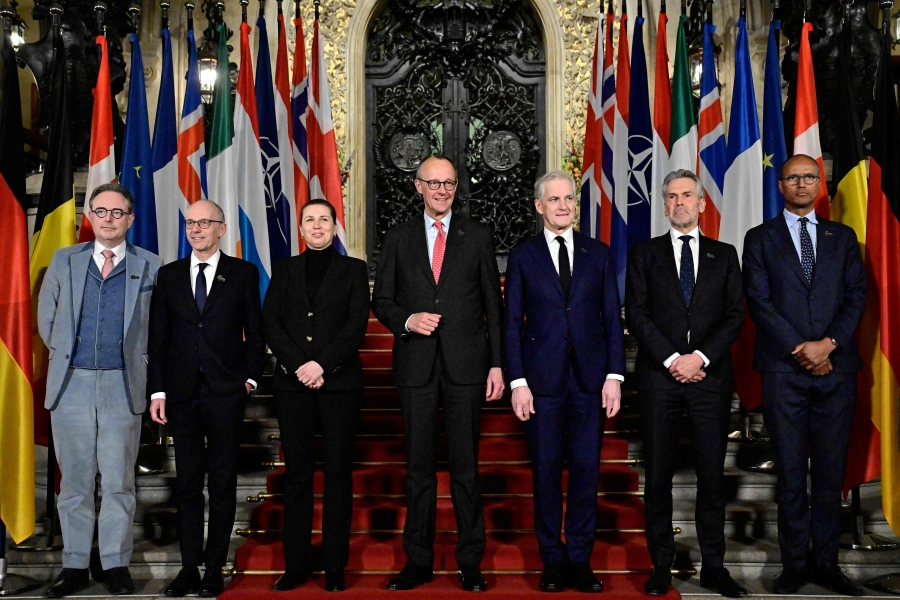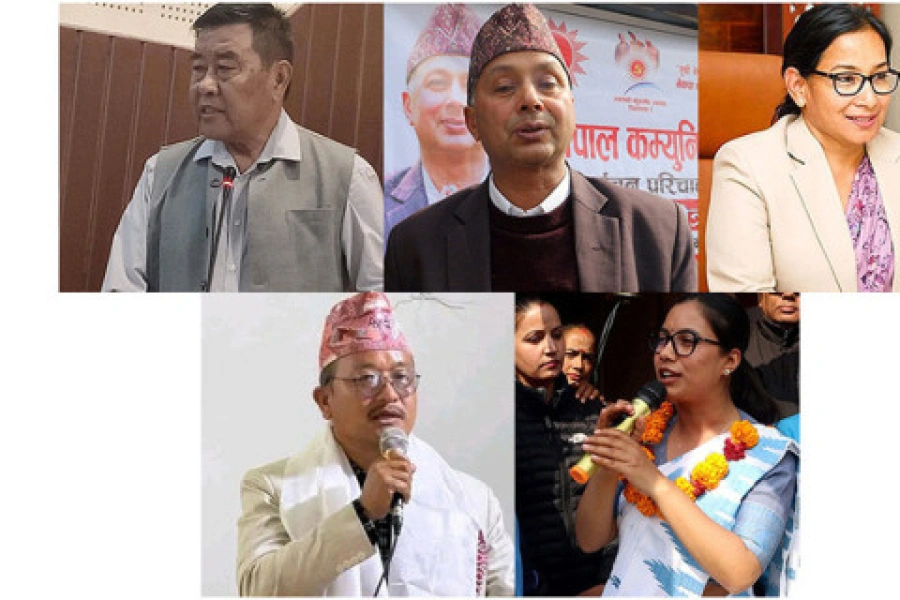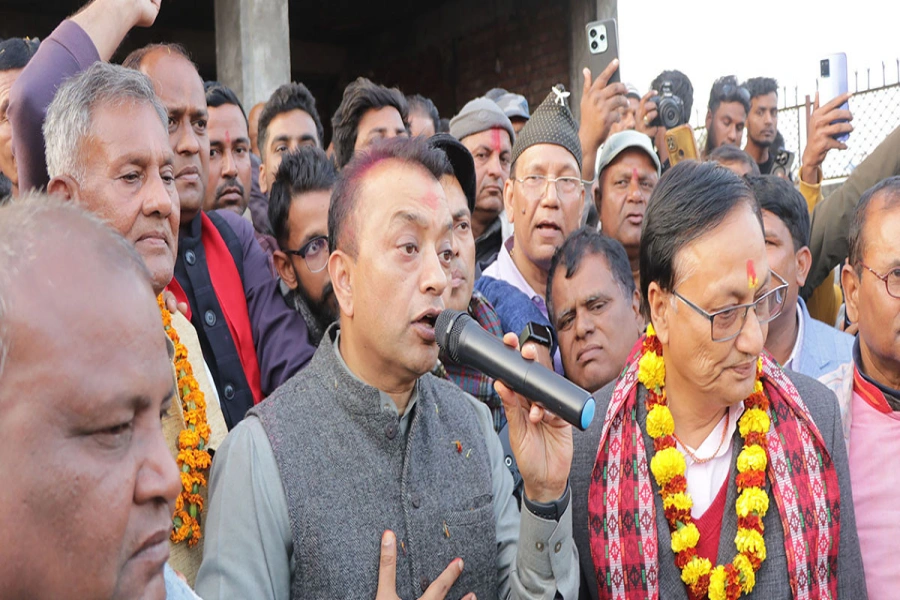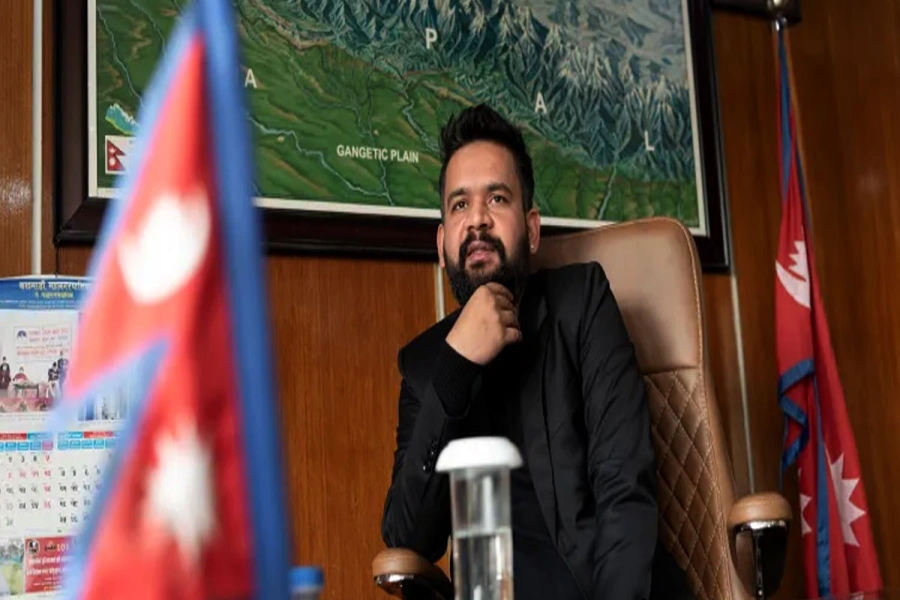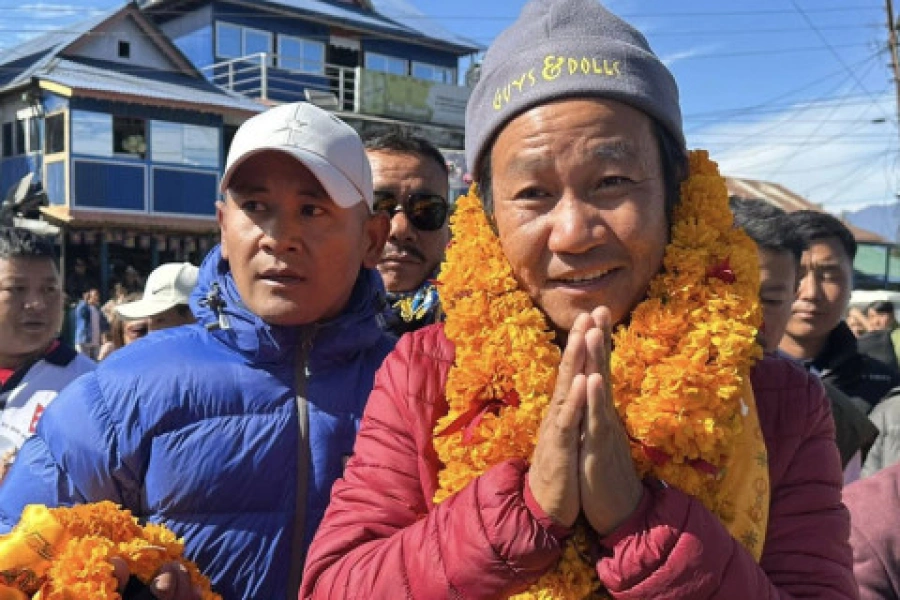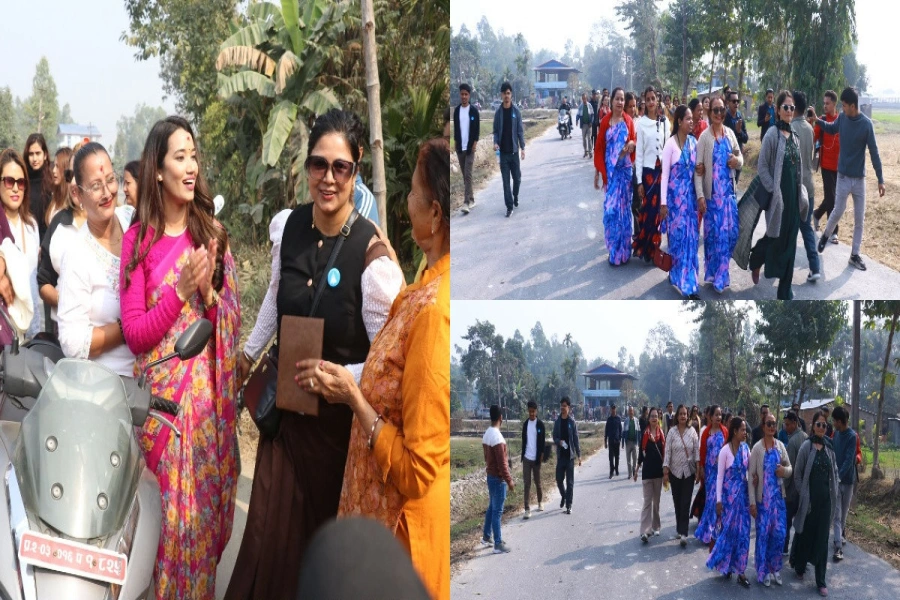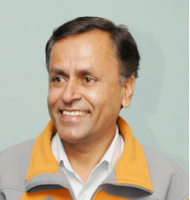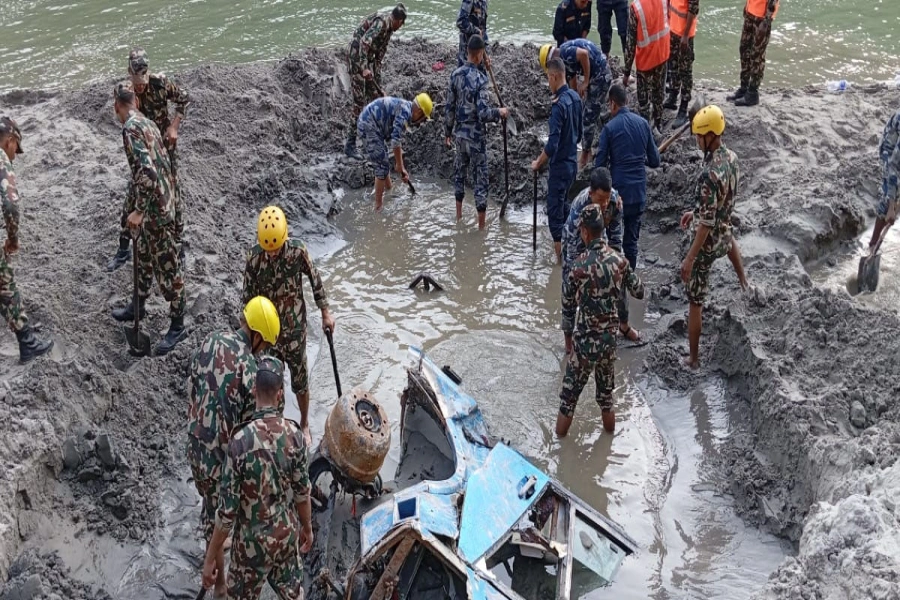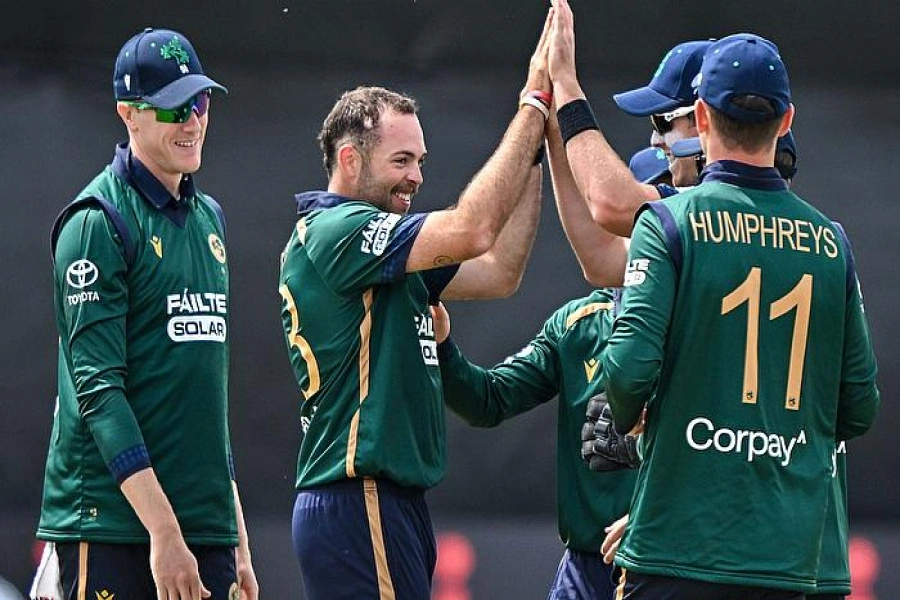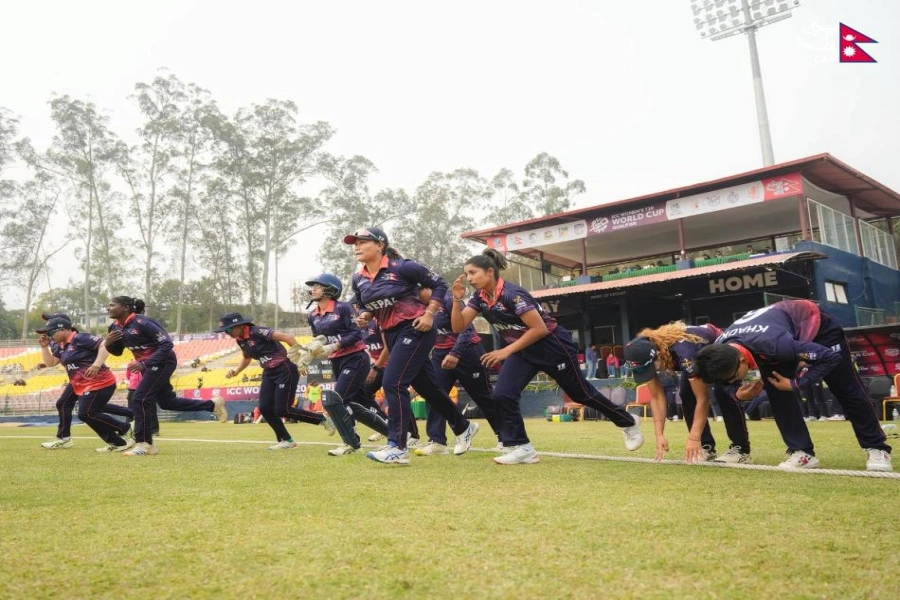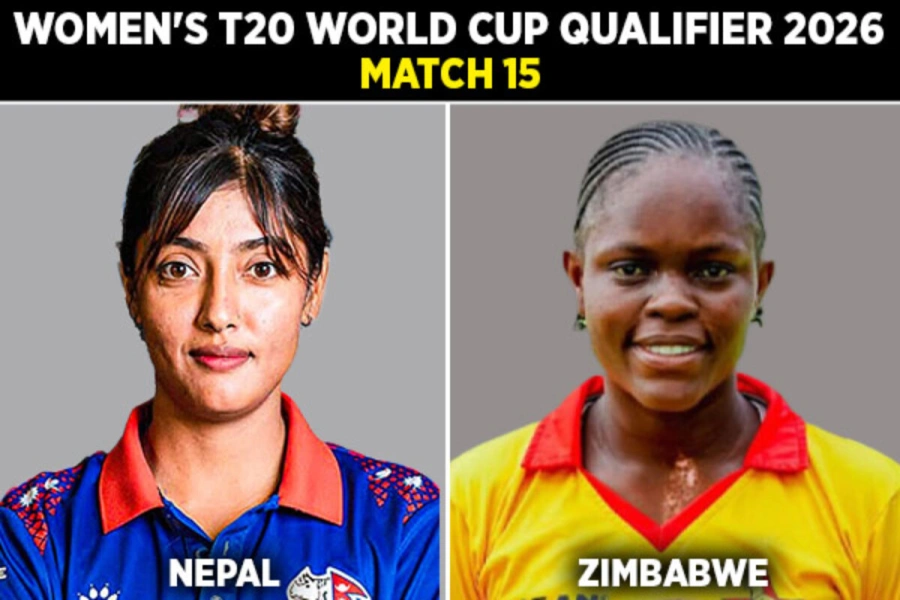THE five-day UCPN (Maoist) plenum that ended Saturday has given a mixed message: on the one hand, all three top leaders—Chairman Pushpa Kamal Dahal and vice-chairs Baburam Bhattarai and Narayankaji Shrestha—gave a strong message of unity, with all three agreeing to forgo their luxurious lifestyles and donate their properties to the party, in keeping with the voice of the grassroots. To countenance the accusation that the leadership was forgetting its revolutionary agenda and amalgamating into the bourgeois culture, Chairman Dahal announced he would vacate his posh Lazimpat residence and give up his expensive vehicles. And as a message of unity, Dahal proposed to exchange his secretariat with Bhattarai’s. But the scuffle between the supporters of Dahal and Bhattarai on the fourth day of the plenum suggests divisions between the two camps run deep.
The festering intra-party divisions, it is feared, all but negates the possibility of party general convention being held in mid-January, 2013 (which would be the first in 23 years) as announced during the plenum. Adding to the suspicion is the fact that previous two efforts to hold general conventions have failed, largely owing to the leadership’s reluctance to let go of its hold over the party. Nonetheless, the most recent willingness of party leadership to hold general convention can be seen as an attempt to transform UCPN (Maoist) into a democratic, mass-based party. This belief is buttressed by the plenum’s decision to adopt peace and constitution as the party’s tactical line. Likewise, the endorsement of Dahal’s proposal for setting up financial and account committees to look into property details of top party officials and investigate alleged financial irregularities can be interpreted as beginning of intra-party democracy.[break]
As such, Dahal has made all the right noises, but as we have seen many times in the past, there is often a big gulf between his words and actions. His past vacillations on peace and constitution agenda put a big question mark over his core beliefs. The mistrust he sowed among other political parties with the sacking of former army chief Rookmangud Katawal in 2009 has not gone away either. However, his continued backing of the peace and constitution line in recent times is something to be appreciated. We believe Dahal still has a chance to prove his statesmanship if he can forge greater unity in the party and assiduously work with other parties to get the political process back on track and bring out a constitution of the new federal democratic republic.
Like many observers, we are doubtful that the decisions reached at the plenum can be implemented. For even with Baidya gone, the party is still a divided house, with differences not just limited to the individual factions headed by the top three leaders. If the general convention cannot be held this time as well, the latent antagonisms are likely to spill out in the open. Another cause for concern is that the plenum dwelt almost exclusively on subsidiary issues, largely sidestepping the all-important question of party ideology post Baidya. As the struggle for supremacy over party organization intensifies, the biggest challenge for Dahal in the days ahead will be keeping a semblance of unity by striking a fair balance between emergent factions.
What's keeping you sane?



